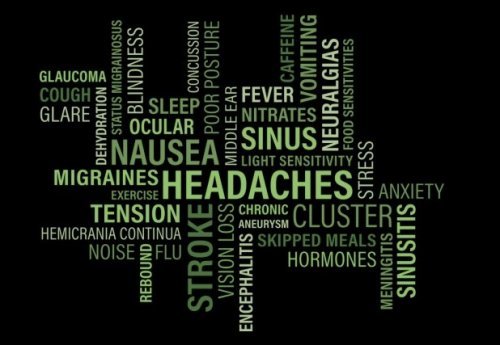Contrary to what many people may believe, diet plays a considerably significant role in managing migraine headaches.
Migraine headaches are often debilitating and can disrupt daily activities due to their severity. What individuals consume can often trigger these episodes or alleviate them significantly. People struggling with regular migraine headaches should therefore understand the importance of adhering to a tailored diet to manage their symptoms.
Food Triggers for Migraine
Many people with migraines have specific food triggers that seem to precipitate a headache. It’s often an individualised matter; different people have different triggers. Common dietary triggers can include, but are not limited to:
- Alcohol (we strongly recommend to quit it forever)
- Caffeine
- Aged cheeses
- Processed meats
- Aspartame
- Monosodium glutamate (MSG)
- Certain fruits and nuts.
Foods that Might Help Migraines
Equally, there are also foods that potentially help some people manage their migraine headaches. These are certain foods rich in magnesium, as multiple studies suggest that magnesium may reduce the frequency of migraine attacks. These include:
- Almonds
- Sunflower seeds
- Soy products
- Whole grains
- Eggs
- Dairy products
Drinking Water Can Help Migraines
Dehydration is a well-known migraine trigger. Drinking enough water is a vital aspect of any diet, more so for people prone to migraines. Staying hydrated can prevent or alleviate symptoms of a migraine.
The Importance of Regular Meals
Fasting, skipping meals or eating at irregular times may also trigger migraines. Thus, regular meals are an essential aspect of a diet designed to combat migraines. These meals should be balanced and healthy, incorporating a good mix of fruits, vegetables, lean proteins and whole grains.
Personalized Diet Plan
As noted earlier, triggers and alleviating factors for migraines tend to be specific to the individual. Hence, a personalized diet plan that avoids triggers and include potentially helpful foods can be a critical part of a holistic approach to managing migraines.
| Potential Food Triggers | Foods that May Help |
|---|---|
| Alcohol, particularly red wine | Almonds |
| Caffeine | Sunflower seeds |
| Aged cheeses | Soy products |
| Processed meats | Whole grains |
| Aspartame | Eggs |
| Monosodium glutamate (MSG) | Dairy products |
| Certain fruits and nuts |
In summary, diet plays a significant role in effectively managing migraines. Although there are various triggers and beneficial factors, the foundation of a successful migraine diet lies in maintaining good overall health, including consistent meals, proper hydration, and a well-rounded intake of essential nutrients. Establishing and adhering to a customized dietary plan can greatly enhance the well-being and quality of life for migraine sufferers.









